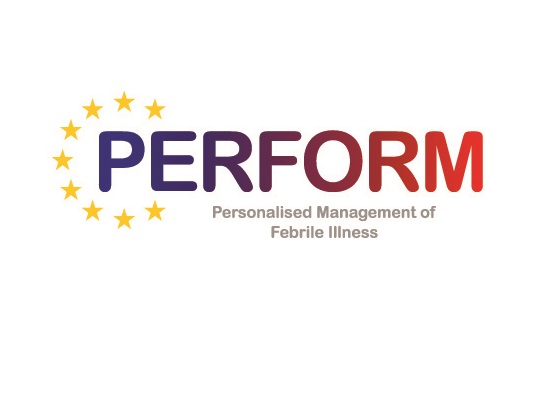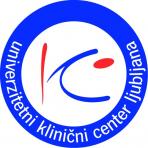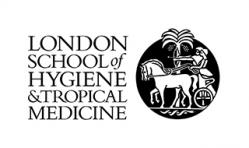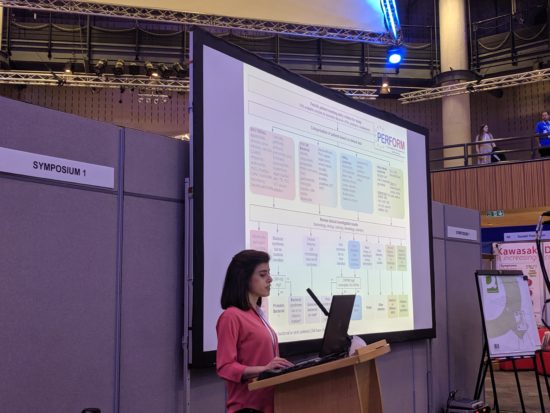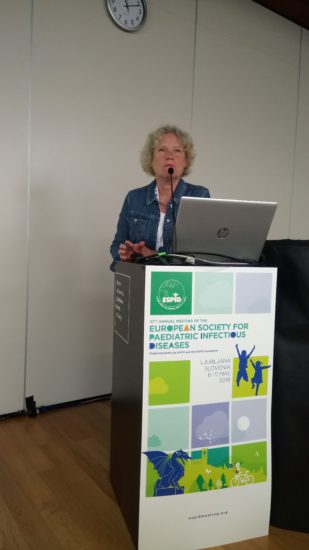Relationship between molecular pathogen detection and clinical disease in febrile children across Europe: a multicentre, prospective observational study
Fever is amongst the most common conditions for which children attend medical care. Management of febrile children is focused on identifying the small number of children with severe and potentially life- threatening bacterial infections, amongst the greater number of children with self-resolving viral infections. Our study evaluated the diagnostic process for febrile children, utilising current best practice at each institution, supplemented by centralised molecular testing for bacterial and viral pathogens in blood and mucosal surfaces.
After studying 5,952 febrile children, a definite diagnosis of either bacterial infection or viral infection was only established in 14% and 10% of the cohort respectively. The remaining 76% of patients could not be assigned as having either bacterial or viral infection. After application of both centralised molecular pathogen detection methods and best practice at local hospitals, viruses were detected in a high proportion of patients with confirmed bacterial infection as well as in those with features of viral infection.
Our study suggests that diagnosis and management of febrile children based on pathogen detection is not successful in many cases, as identification of a virus in samples from a febrile patient offers little reassurance that they do not have a bacterial infection. Our study reinforces the need for an alternative approach. PERFORM is developing diagnostic approaches based on the host response, using host blood protein and RNA expression to diagnose infection.
Read the full paper




